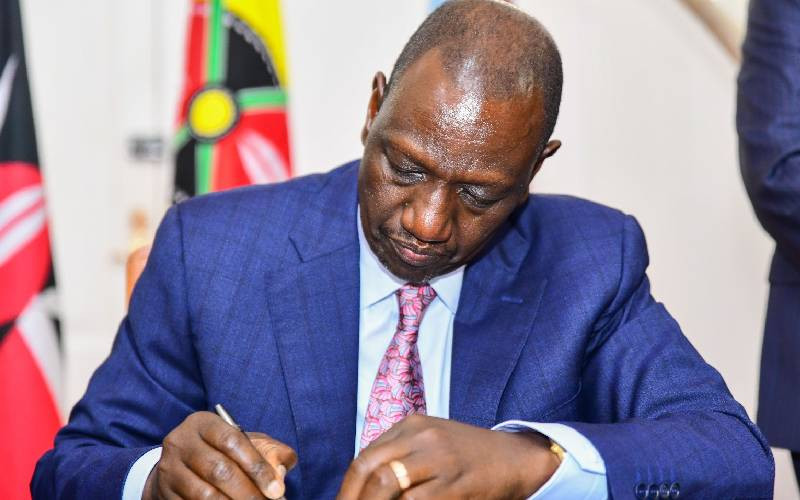×
The Standard e-Paper
Fearless, Trusted News

As the government's debt-fueled growth model nearly comes to a grinding halt, the private sector is being urged to take charge in driving the country's economic development, amid growing social upheaval.